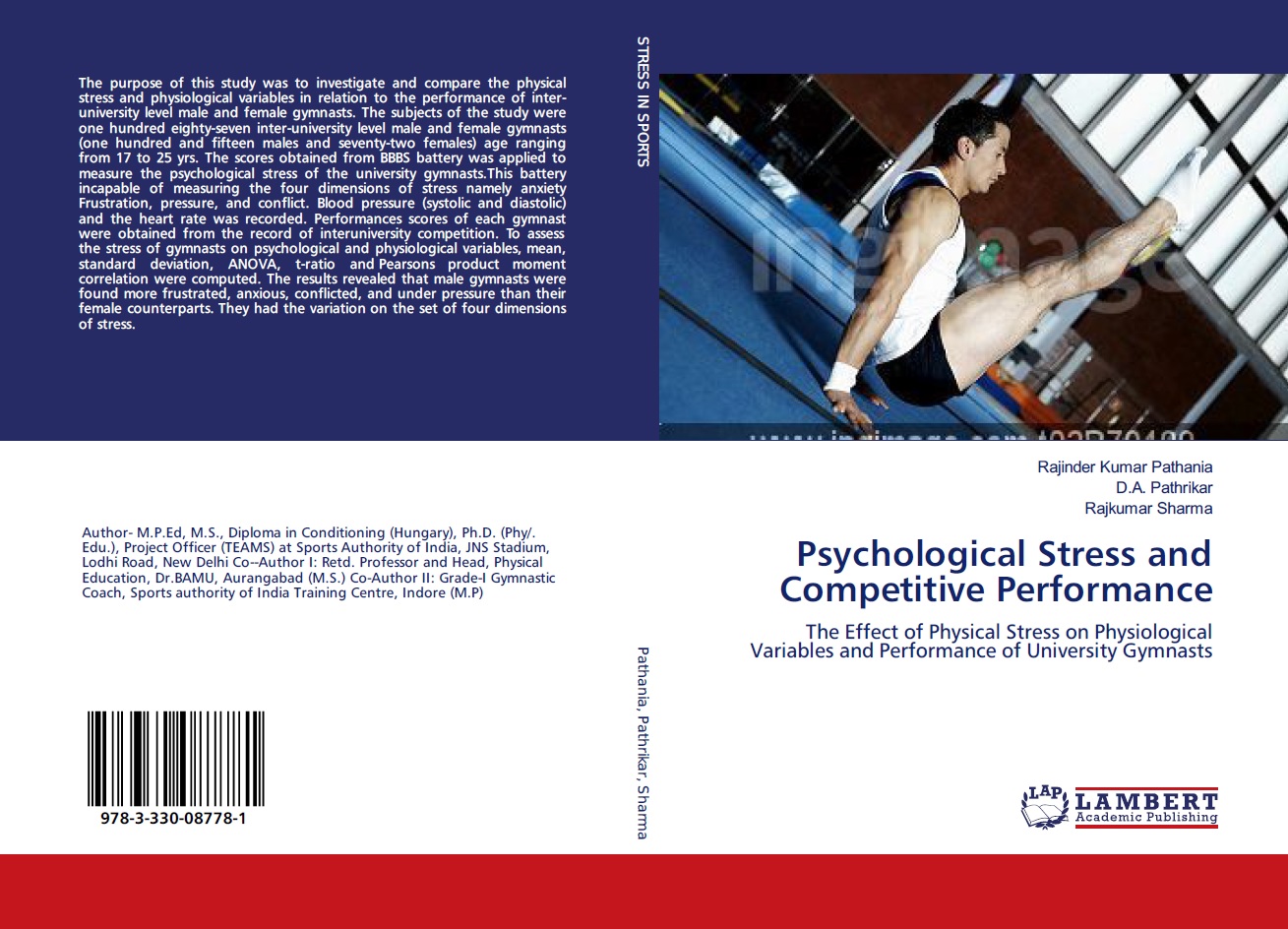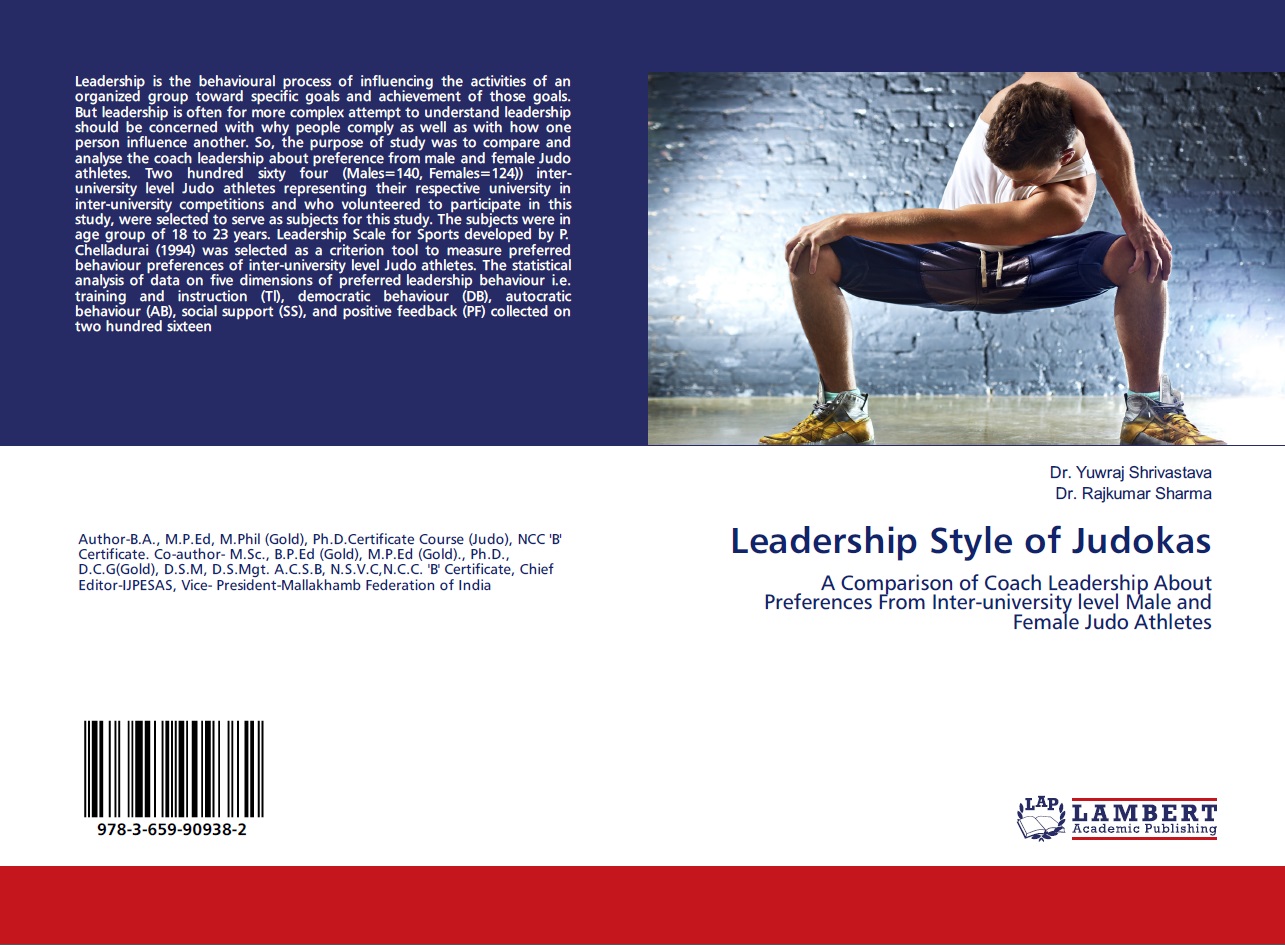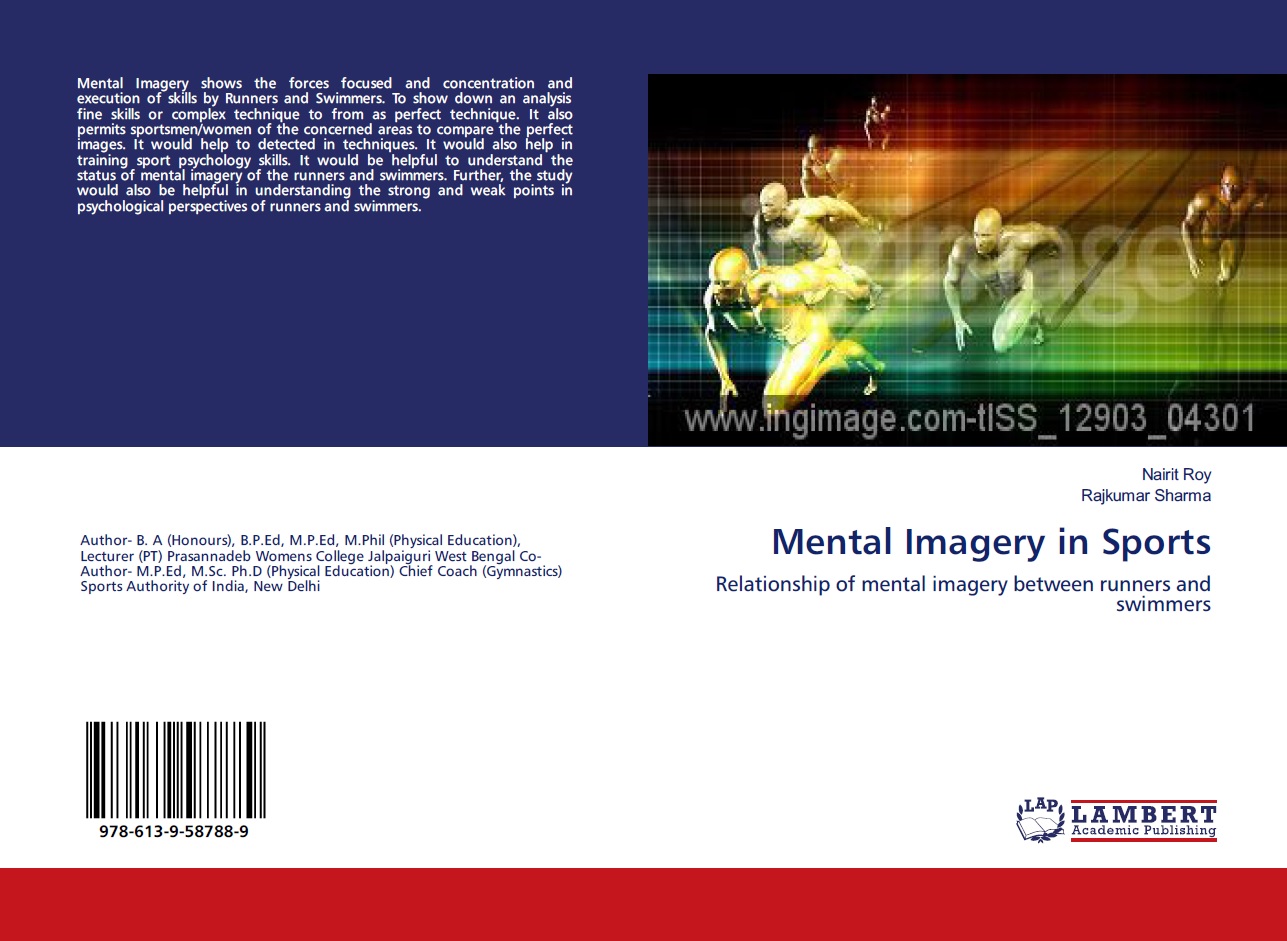| S.No. | Total View Count | Title of Manuscript | Page No | Download/ PDF |
|---|---|---|---|---|
| 1 | THE LIKELIHOOD OF EXTROVERTED INDIVIDUALS EXPERIENCING ANXIETY Author: Ishita Walia1 , Aparna jha 2 and Dr. Reetesh Riku3 | 32-38 |  4 4 |
Article info
doi no.: 05-2016-44975451; https://doi-ds.org/doilink/04.2024-13621256/IJPESAS/V13/NO.3/JULY-2023/A4
AFFILIATIONS:
1. Student, BA Hons. Psychology, Conscious Mind Solutions Pvt. Ltd. Email id :ishita.walia2005@gmail.com
2. Sports Psychologist, Conscious Mind Solutions Pvt. Ltd. Email id :Aparna@consciousmind.co.in
3. Corresponding Author : Dr. Reetesh Riku (Sports Psychologist) Email id : Reetesh@consciousmind.co.in The iconic Corenthum , Noida Sector-62 , Uttar pradesh - 210301
The current study aims to correlate the subscales of neuroticism with extraversion and understand the thought processes of extroverts, along with the occurrence of anxiety while participating in social engagements, if any. To assess the following, data on 43 adolescents was collected and recorded with the assistance of Eyesenk Personality Profiler version 6 (EPP6) on the Vienna Test System (VTS), which has 200 items and 3 dimensions (extroversion, neuroticism, and psychoticism). We filtered the subscale and focused our results and further discussion on extraversion and anxiety (subscale of neuroticism). The study followed a Purposive sampling technique, followed by a sample size of 43 individuals (13 females and 30 males) between the ages of 13-19 years, from Delhi Sports University. The data was assessed using the statistical method of the correlation test in the SPSS tool. The results of the data suggested that there was a significant difference between people who experienced extraversion and their lack of familiarity with anxiety. In conclusion, our findings support a negative correlation between extraversion and anxiety among adolescents; that is, extroverted individuals experience and display minimal symptoms of anxiety or neuroticism.
Keywords: Neuroticism, Extraversion, Eyesenk Personality Profiler version 6, Anxiety, Correlation.
References
Dauvier, B., Pavani, J. B., le Vigouroux, S., Kop, J. L., & Congard, A. (2019). The interactive effect of neuroticism and extraversion on the daily variability of affective states. Journal of Research in Personality, 78. https://doi.org/10.1016/j.jrp.2018.10.007
Fadda, D., & Scalas, L. F. (2016). Neuroticism as a Moderator of Direct and Mediated Relationships Between Introversion-Extraversion and Well-Being. Europe's journal of psychology, 12(1), 49–67. https://doi.org/10.5964/ejop.v12i1.985
Riggio, H. R., & Riggio, R. E. (2002). Emotional expressiveness, extraversion, and Neuroticism: A meta-analysis. Journal of Nonverbal Behavior, 26(4). https://doi.org/10.1023/A:1022117500440
Tuuva, J., Näätänen, P., Ryynänen, A., Keskivaara, P., & Keltikangas-Järvinen, L. (1997). Extraversion, neuroticism, and emotional reactivity. International Journal of Psychophysiology, 25(1), 59. https://doi.org/10.1016/s0167-8760(97)85505-5
Verduyn, P., & Brans, K. (2012). The relationship between extraversion, neuroticism and aspects of trait affect. Personality and Individual Differences, 52(6). https://doi.org/10.1016/j.paid.2011.12.017
 admin@sportscientistsviews.com
admin@sportscientistsviews.com





